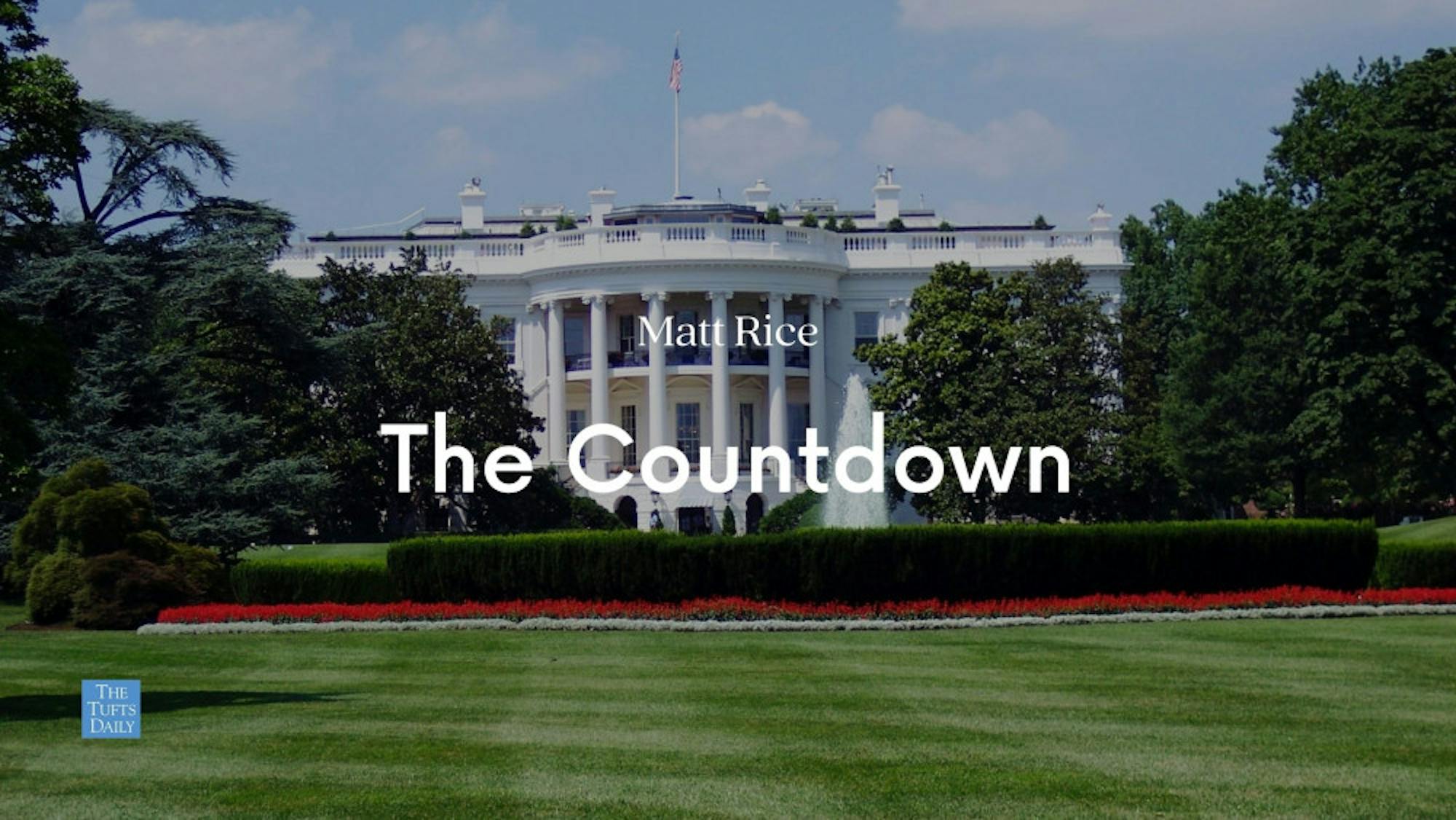President-elect Joe Bidenannounced his nominees for key national security and foreign policy positions in the administration. It was a get-together of Obama administration alumni, including a former secretary of state, two former deputy national security advisers and a 35-year veteran of the Foreign Service.
Although they each bring years of experience in the national security arena, they personify a managerial, technocratic, return-to-normalcy establishment rather than the progressive leadership we need right now. It’s safe to assume Biden’s remaining cabinet nominees will be no different.
The control of the U.S. Senate depends on two runoffs in Georgia in early January. If Democrats can unseat Sens. David Perdue and Kelly Loeffler, the Senate will be split 50-50. With Vice President-elect Kamala Harris casting the tie-breaking vote, every single Democratic senator would have to support Biden’s nominees (assuming either few or no Republicans defect). In a Senate where Joe Manchin or Kyrsten Sinema has the power to kill a nomination, progressives shouldn’t hold out hope for a left-wing cabinet.
The Wall Street Journal recentlyreported that Biden will nominate Janet Yellen, former chair of the Federal Reserve, to be the nation’s first female treasury secretary. She has an impressive resume and her ambitions to fight wealth inequality are admirable, but in her role as Fed chair, she never had to manage financial regulation, international sanctions or tax policy. If she is confirmed, progressives can only hope and pray she aggressively pursues a recovery plan that lifts working Americans instead of Wall Street.
Considering the unknown Senate outcome and Speaker of the House Nancy Pelosi’s shrunken House majority, Biden’s climate legislation may already be dead. If he had hoped to nominate a Green New Deal supporter like Jay Inslee or Gina McCarthy to lead the Environmental Protection Agency or the Department of Energy, Republicans and Manchin would likely stop him swiftly. They would severely impede progressive policy from being implemented on the executive end, not to mention any regulation of coal production, banning fracking on federal lands or raising emission standards.
Avril Haines, Biden’s nominee for director of national intelligence, has drawn deservedcriticism from progressives in the media. As deputy national security adviser for President Barack Obama, Haines was instrumental in managing the country’s notorious drone program which was responsible for a considerable amount of civiliandeaths in Yemen. Sen. Dianne Feinstein’sinvestigation into the Bush torture program dug deep into the CIA's involvement.It was later revealed that the CIA was spying on the Senate Intelligence Committee in order toundermine its investigation. Haines’ involvement in the spying efforts is not known, but her position as deputy director makes her at least somewhat responsible for theillegal methods the CIA deployed in spying on the U.S. Congress.
Due to the Senate and Biden’s general inclination for nominees from the establishment, progressives are likely to spend the next few years fighting with the leader of their party. In any administration, personnel is policy, so these nominees will impact the Biden administration more than anything else.






